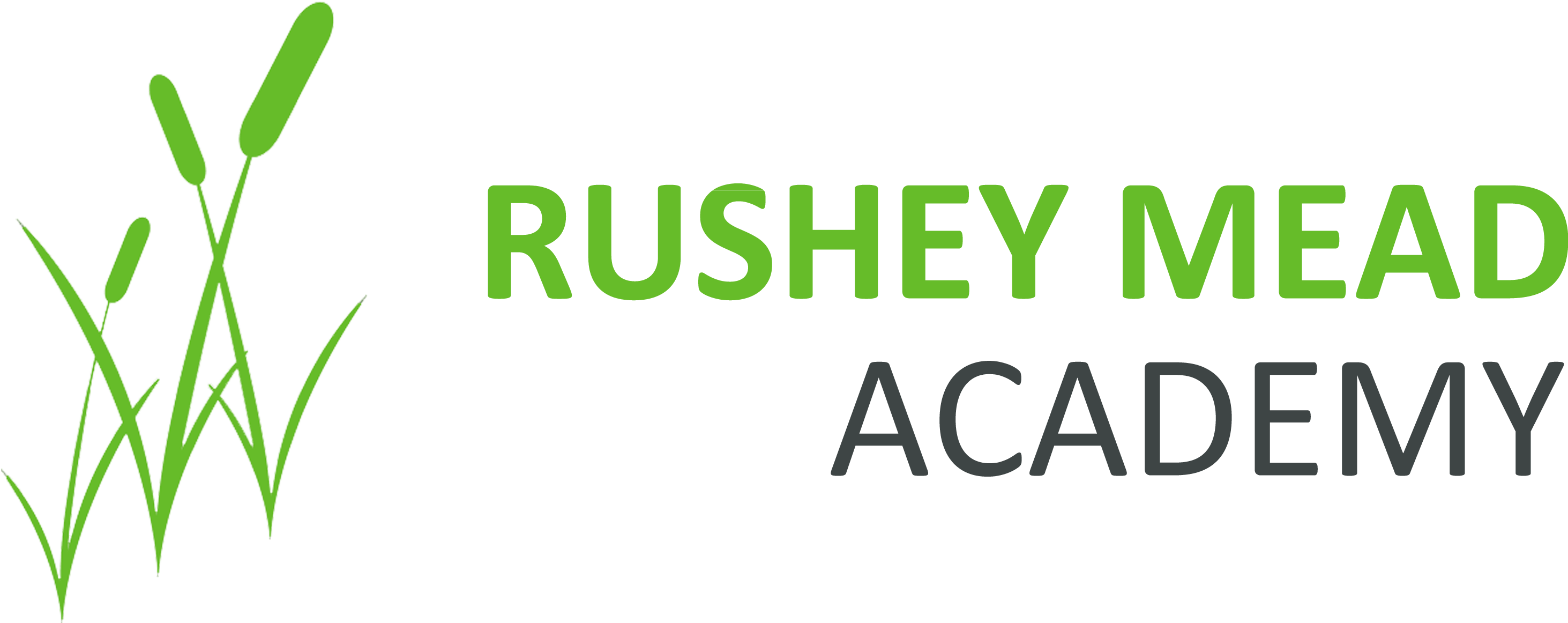Useful websites and resources
GCSE POD: https://www.gcsepod.com/gcsepod_content/english/
BITESIZE: https://www.bbc.com/bitesize/subjects/zt3rkqt
BBC SKILLSWISE: https://www.bbc.com/teach/skillswise/english/zjg4scw
SPARKNOTES: https://www.sparknotes.com/
LITCHARTS: https://www.litcharts.com/
MR BRUFF (YOUTUBE): https://www.youtube.com/channel/UCM2vdqz-7e4HAuzhpFuRY8w
MRS WHEELAN (YOUTUBE): https://www.youtube.com/channel/UC0jbf4wI1GPts6hpbKZ-7Bw
MISS RYAN’S GCSE ENGLISH: https://missryansgcseenglish.com/
Further Reading KS3 English – Link (MISSING FILE)
Further Reading KS4 English – Link (MISSING FILE)
Co-curricular opportunities
In English we have in and out of class opportunities to stretch students beyond the content within the curriculum map. For example:
- Debate Club
- Public speaking
- Asia House creative writing competition
- Year 10 reading buddies
- Library book talks
- BBC school report
- Author visits
Poetry and other competitions.
Stretch and challenge opportunities
Our curriculum has been designed with higher ability students in mind and they benefit from the rich and broad curriculum on offer. In addition, higher ability students are provided with a passport to track and monitor their stretch activities across the year. The activities are a range of tasks which are to be completed both in and out of lessons. Passports vary across year groups, but tasks include:
- A challenging reading list to be completed.
- Students teaching a starter or plenary.
- Leadership roles: displays champions, reading buddies.
- Prompts to enter writing competitions.
- Priority for author visits.
Homework
KS3:
Students are given a reading booklet each term with a range of fiction and non-fiction extracts from the 19th – 21st centuries. These booklets have tasks which enable students to practise and develop their reading and writing skills so that they are reading beyond classroom texts and widening their experience of literature and language.
In addition, students have spellings and some grammar work on a weekly basis.
KS4:
Students are given a range of tasks, set individually by their class teacher, which supple.
Revision advice
How to revise for English (MISSING FILE)
LANGUAGE:
- Read a range of non-fiction: Broadsheet newspapers/online articles.
- Create vocabulary banks with impressive synonyms.
- Revise spelling patterns of complex vocabulary.
- Revise grammar skills and sentence/punctuation variety.
- Complete past-papers.
- Revise class notes – making new notes, self-quizzing, improving work.
LITERATURE:
- Re-read key texts.
- Use revision websites (such as Sparknotes or LitCharts) to deepen your understanding.
- Use knowledge organisers to self-quiz.
- Create vocabulary banks for each set text.
- Explore and research context of key texts in greater detail.
- Make cue-cards with key quotations to memorise.
- Use quizlet to revise quotations and vocabulary definitions.
Additional information
The best way that you can help your child to progress in English is by prompting them to read a wide and varied range of fiction and non-fiction texts in their free time. Those who read regularly are more likely to succeed in all aspects of life, as shown in this graph:
